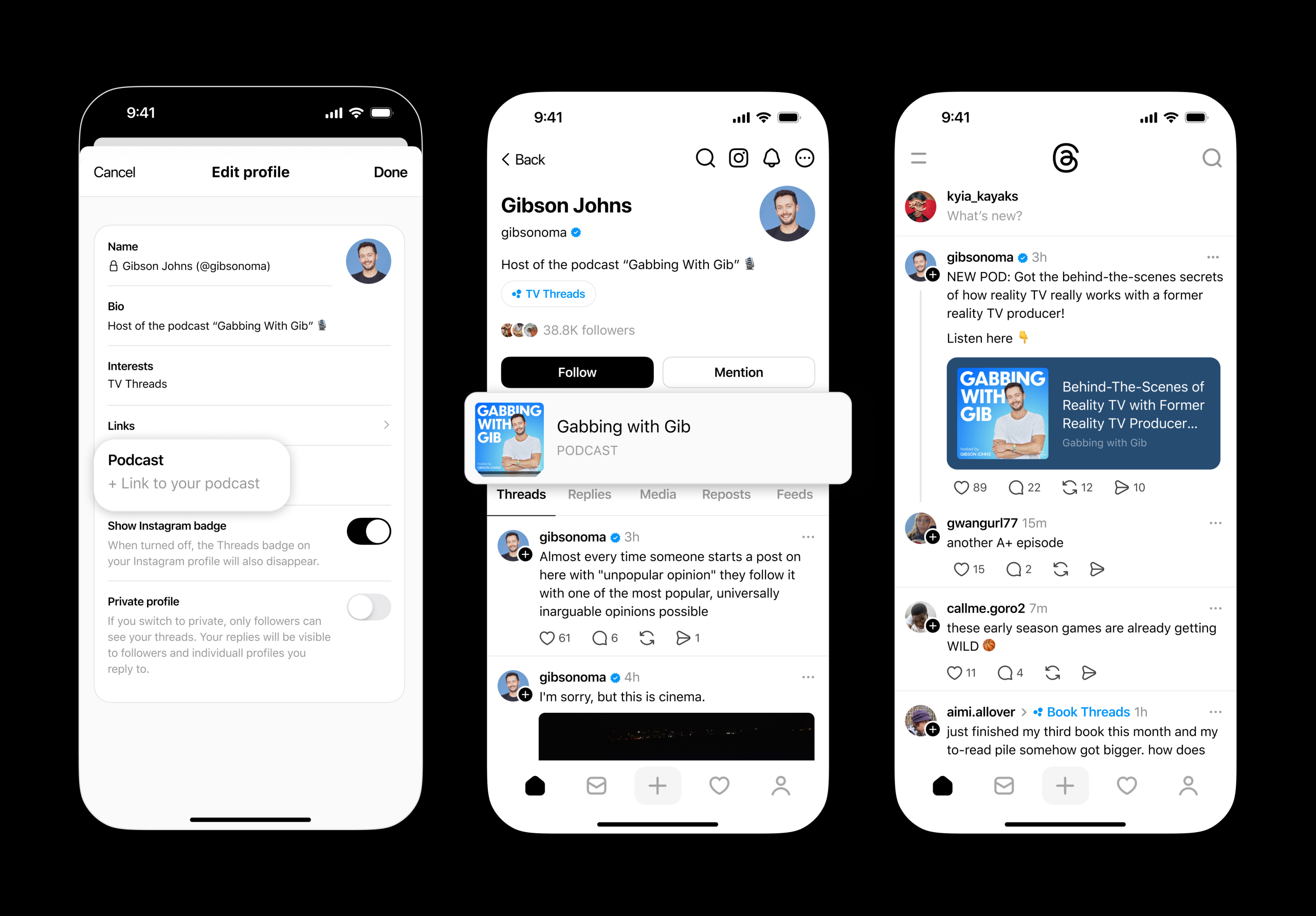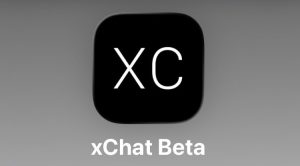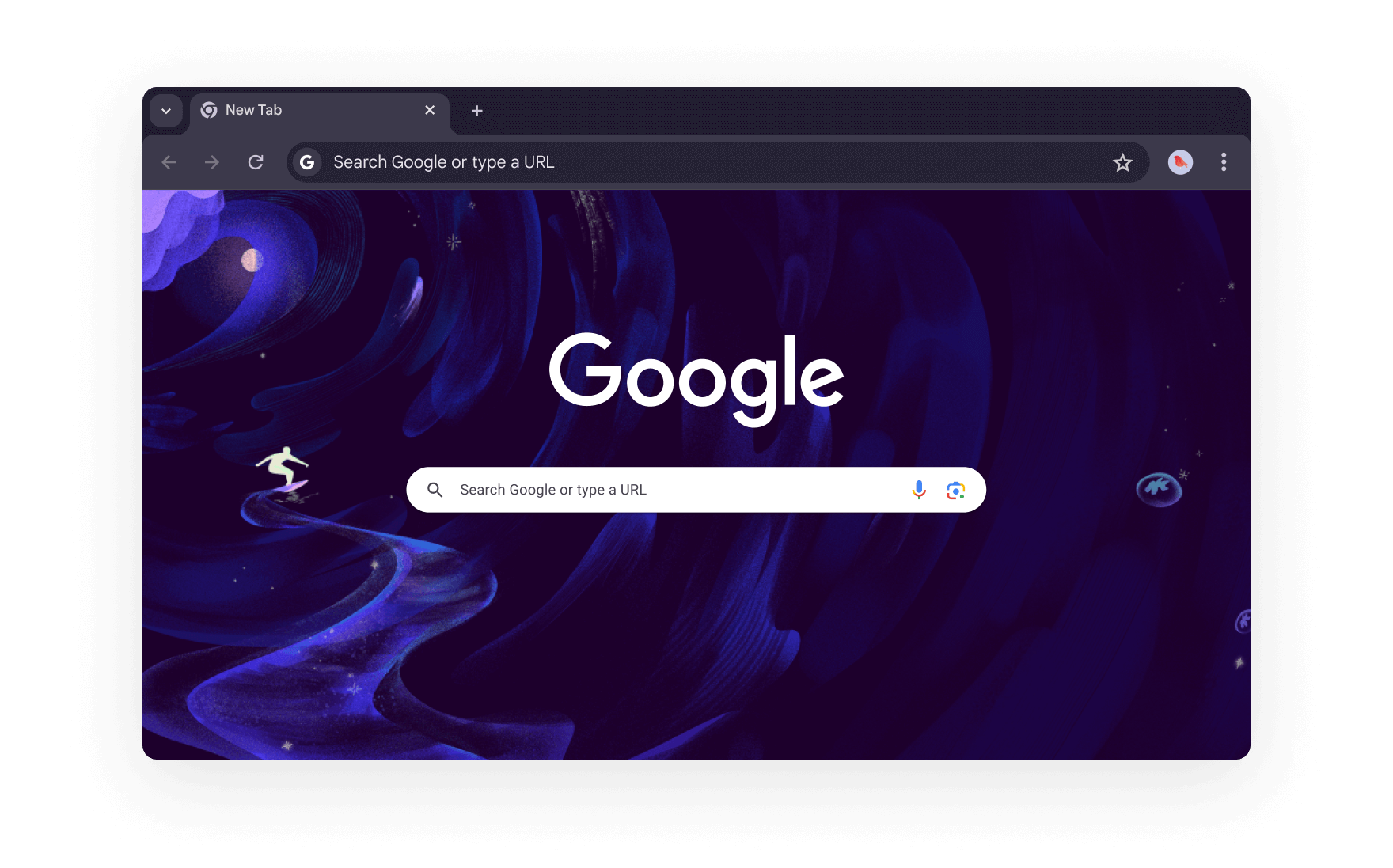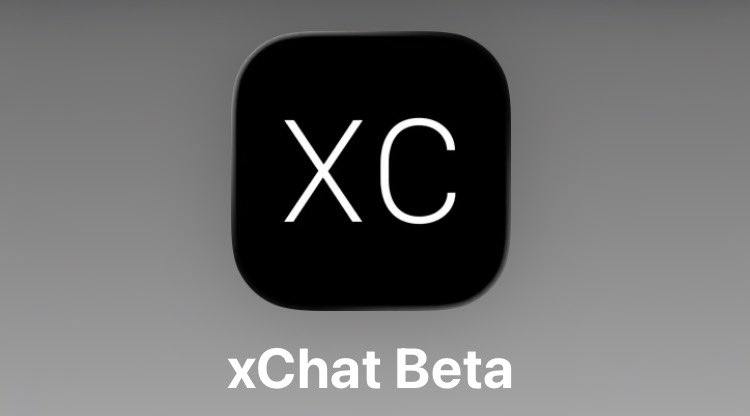
Meta’s social networking platform, Threads, is embarking on a strategic pivot, aiming to carve out a distinct niche within the highly competitive digital landscape by specifically targeting the vibrant community of podcasters and their listeners. The company recently announced a series of new features designed to transform Threads into the primary destination for discussions surrounding audio shows, facilitating both promotion for creators and deeper engagement for audiences. This move signifies a calculated effort to differentiate Threads from its rivals, particularly X (formerly Twitter), and to capitalize on the burgeoning popularity of podcasts as a cultural phenomenon.
The Strategy Unveiled: Initial Features for Podcasters
The initial rollout introduces several key functionalities aimed at enhancing the visibility and discoverability of podcasts within the Threads ecosystem. Foremost among these is a visual overhaul for podcast links shared within the feed. These links will now boast a more prominent and aesthetically engaging presentation, featuring distinctive colorful backgrounds and eye-catching image thumbnails. This design choice is intended to make podcast content immediately recognizable and more enticing for users scrolling through their feeds, cutting through the digital noise with improved visual cues.
In parallel, Threads is empowering creators with a dedicated space on their user profiles to prominently display a link to their podcast. Much like the in-feed links, these profile integrations are designed to stand out, providing podcasters with an easily accessible and highly visible avenue to promote their shows directly to their followers. This direct linking mechanism aims to streamline the process of audience growth and show discovery, making it simpler for interested users to navigate from a creator’s profile directly to their audio content. A Meta spokesperson confirmed that these initial features are merely the vanguard of a broader initiative, with a roadmap promising additional tools and enhancements for podcasters and their listeners throughout the coming year. These future developments are expected to further solidify Threads’ position as a hub for audio-centric conversations.
Why Podcasting? A Fragmented Discussion Landscape
Meta’s decision to focus on the podcast community is rooted in a keen observation of the current digital landscape: the discussions surrounding podcasts are notably fragmented across numerous platforms. Today, listeners and creators engage in conversations about their favorite shows across a wide array of social media sites, including Reddit, X, Facebook, and Instagram. Furthermore, dedicated streaming platforms like YouTube and Spotify have also begun integrating social features, with Spotify notably adding comment functionality to its podcasts in recent years. This dispersal of dialogue presents a significant opportunity for a platform that can effectively centralize and consolidate these interactions.
The company perceives a substantial potential in becoming the de facto digital venue where fans and creators converge to dissect episodes, share insights, and connect over shared audio experiences. By offering a dedicated, enriched environment for these discussions, Threads aims to capture a significant portion of this distributed engagement. This strategy also seeks to tap into the deep cultural resonance of podcasts, which often spark passionate debates, foster niche communities, and drive broader cultural conversations. From true crime narratives to in-depth political analyses, comedy shows to educational series, podcasts frequently become touchstones for their audiences, generating a wealth of conversational material.
The Broader Social Media Battleground and Threads’ Ambitions
This targeted approach to podcasting is part of a larger, ongoing battle for user attention and creator loyalty in the social media sphere. Threads launched in July 2023 as Meta’s direct competitor to X, aiming to capitalize on user dissatisfaction and uncertainty surrounding X’s leadership and strategic shifts. While Threads quickly garnered initial sign-ups, leveraging its deep integration with Instagram’s massive user base, it has faced the perennial challenge of sustaining engagement and differentiating itself in a crowded market.
As of recent reports, Threads boasts over 400 million monthly active users and 150 million daily active users. While these figures represent a substantial audience, they still lag behind X, which claims as many as 600 million monthly active users. By strategically targeting the robust and engaged podcast community, Threads hopes to narrow this gap. Attracting even a fraction of the global podcast audience, estimated to be in the hundreds of millions, could significantly bolster Threads’ user base and daily activity metrics, providing a powerful growth engine. The move is a clear signal that Threads is not content to be merely a general-purpose text-based platform but is actively seeking vertical communities to anchor its user experience.
Evolution of Audio and Creator Economies
The rise of podcasting itself provides crucial background context for Threads’ new initiative. What began as a niche medium in the early 2000s has blossomed into a mainstream entertainment and information source. The accessibility of recording equipment and distribution platforms has democratized content creation, leading to an explosion in the number and diversity of podcasts. This growth has fueled a parallel expansion of the "creator economy," where individuals leverage digital platforms to build audiences, generate content, and, in many cases, earn a living.
Platforms across the digital spectrum are vying to attract and retain these creators, recognizing their pivotal role in generating engaging content that drives user activity. From YouTube’s video creators to Twitch’s live streamers and TikTok’s short-form entertainers, creators are the lifeblood of modern social media. By offering specific tools and a dedicated environment for podcasters, Threads is positioning itself as a creator-friendly platform, aiming to provide value that extends beyond generic social sharing.
It is important to note, however, that Meta has explicitly stated that Threads does not intend to become a podcast distribution platform. Unlike Spotify or Apple Podcasts, Threads will not host the audio files themselves. Instead, its focus will remain squarely on the discussions that emanate from these audio shows. This distinction is critical, as it clarifies Threads’ role as a complementary social layer rather than a direct competitor to existing audio streaming services. The platform intends to provide podcasters with enhanced insights and analytics regarding how conversations around their shows are resonating with fans. Furthermore, it plans to develop additional features aimed at improving podcast discovery and fostering deeper connections between podcasters and their listeners through interactive discussions.
Implications for Creators and Listeners
For podcasters, this initiative could represent a significant new avenue for audience engagement and growth. A centralized discussion hub could simplify the process of connecting with listeners, collecting feedback, and building a loyal community around their content. The enhanced promotional features, such as distinct in-feed links and dedicated profile spots, could increase visibility and drive new subscriptions or listens. If successful, Threads could offer a powerful marketing tool, potentially reducing the reliance on fragmented social media strategies and consolidating audience interaction in one place.
For listeners, the benefits could include a more streamlined experience for discovering new podcasts and engaging with their favorite shows. Imagine a single platform where you can listen to an episode, then immediately jump into a lively discussion with fellow fans and even the creators themselves. This integrated approach could foster a stronger sense of community and enhance the overall podcast consumption experience, making it more interactive and social.
Meta’s Track Record and Future Outlook
This isn’t Threads’ first foray into tailoring its platform for specific creator segments. Since its launch, the company has consistently introduced features aimed at empowering creators and encouraging a broader range of content. For instance, in May, Threads enabled creators to add up to five links to their profiles, allowing them to showcase their presence across various digital platforms, from personal blogs and portfolios to other social media sites and video channels. More recently, the platform rolled out a text attachment feature, giving creators the ability to share more extensive thoughts and perspectives beyond the traditional short-form posts. These prior enhancements demonstrate a pattern of Meta strategically investing in creator tools to diversify Threads’ appeal and utility.
Meta’s history with audio content has been somewhat mixed. While Facebook has long been a platform for sharing audio clips and links, dedicated audio-first initiatives like "Live Audio Rooms" (launched amidst the Clubhouse craze) saw limited sustained success. However, the current strategy for Threads is different: it’s not about hosting live audio or distributing podcasts directly, but rather about creating a social layer around existing audio content. This distinction is crucial and plays to Meta’s strengths in building large-scale social communities.
Challenges and Opportunities Ahead
While the potential benefits are clear, Threads’ journey to becoming the definitive home for podcast discussions will not be without its challenges. The platform will need to effectively manage content moderation within these discussion spaces to prevent the spread of misinformation, hate speech, or spam, which could detract from the quality of engagement. Competing with established communities on platforms like Reddit, which have long served as forums for detailed discussions on virtually any topic, including podcasts, will also require significant effort. Furthermore, building trust and habit among users who are already accustomed to discussing podcasts elsewhere will be an uphill battle.
However, the opportunity is substantial. With the sheer scale of Meta’s network and its ability to cross-promote features across Instagram and Facebook, Threads has a powerful engine for driving adoption. If it can successfully cultivate a vibrant, moderated, and engaging environment for podcast discourse, it could fundamentally alter how listeners discover and interact with their favorite shows, while providing creators with an invaluable tool for community building and audience expansion. The coming months will reveal whether Threads can successfully leverage the cultural power of podcasts to solidify its position as a distinctive and essential player in the evolving social media landscape.







